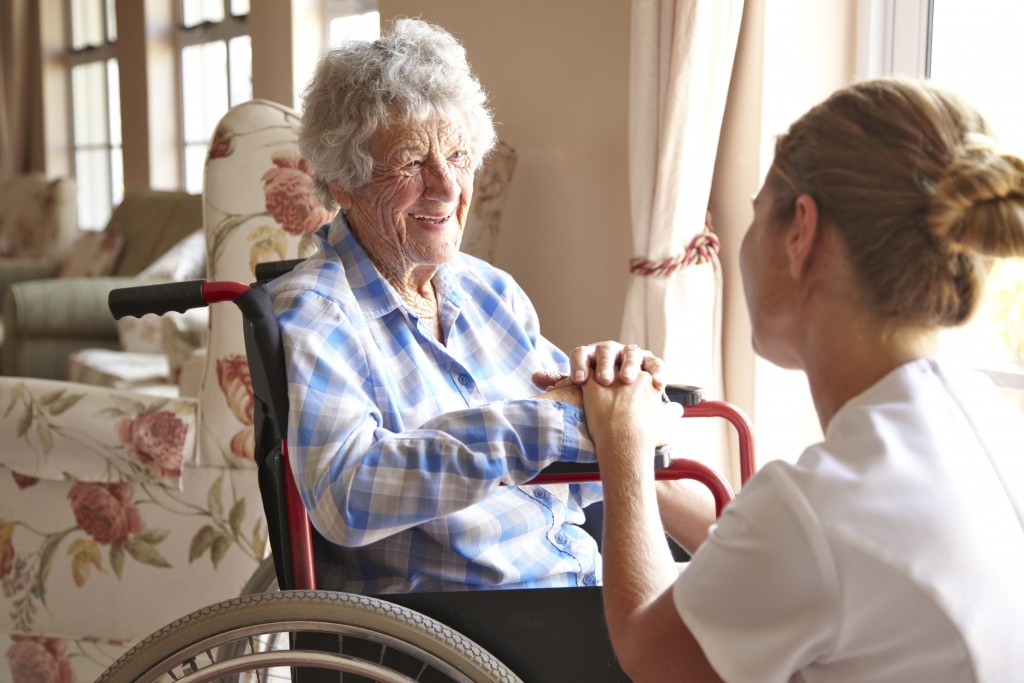As our population ages, the issue of caring for elderly individuals who are unable to care for themselves becomes increasingly important. In this blog post, we will explore the various parties responsible for taking care of an elderly person in need. From family members to healthcare professionals and community resources, understanding the roles and responsibilities of each entity is crucial for ensuring the well-being and quality of life for our elderly loved ones.
- Family Members:
Family members often play a significant role in providing care for elderly individuals who cannot care for themselves. Whether it's adult children, siblings, or other relatives, family members are typically the first line of support. They provide emotional support, assist with daily activities, and make important decisions regarding healthcare and living arrangements. However, it's essential to recognize that the responsibility of care should be shared among family members to prevent burnout and ensure a sustainable caregiving environment. - Healthcare Professionals:
Healthcare professionals, including doctors, nurses, and caregivers, play a vital role in the care of elderly individuals. They provide medical expertise, administer medications, monitor health conditions, and offer specialized care services. Depending on the individual's needs, healthcare professionals may work in hospitals, nursing homes, or provide in-home care. Collaborating with healthcare professionals is crucial to ensure the elderly person receives the appropriate medical attention and support. - Social Services and Community Resources:
Local social services and community resources are valuable assets when it comes to caring for elderly individuals. These organizations offer a wide range of support services, including meal delivery, transportation assistance, home modifications, and social activities. They can also provide information and guidance on accessing financial aid, legal assistance, and long-term care options. Engaging with these resources can help alleviate the burden on family members and ensure a comprehensive care plan for the elderly person. - Legal and Financial Advisors:
In some cases, legal and financial advisors may be involved in the care of elderly individuals who cannot care for themselves. These professionals can assist with estate planning, guardianship arrangements, and financial management. They ensure that the elderly person's assets are protected, and their wishes are respected. Collaborating with legal and financial advisors can help navigate complex legal matters and ensure the elderly person's best interests are upheld.
Conclusion:
Caring for an elderly person who cannot care for themselves requires a collaborative effort from various parties. Family members, healthcare professionals, social services, and legal and financial advisors all play crucial roles in ensuring the well-being and quality of life for our elderly loved ones. By understanding the responsibilities of each entity and leveraging available resources, we can create a comprehensive care plan that meets the unique needs of the individual. Let's work together to provide the care and support our elderly population deserves.




